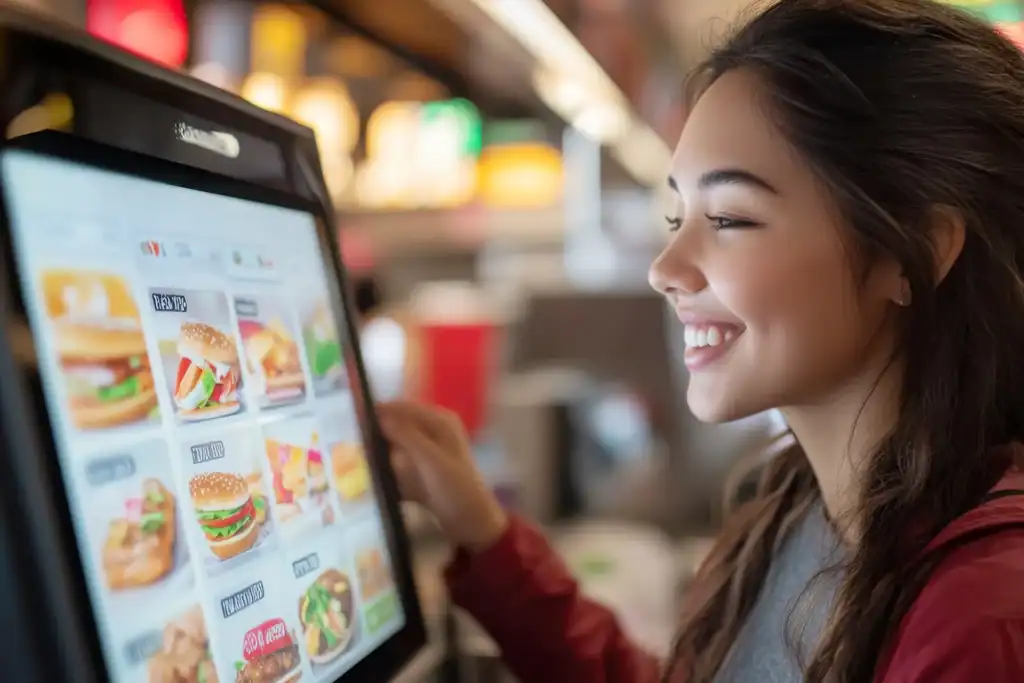Anand Gala’s life in the restaurant industry started at a very young age when his mother became one of the first franchisees for Jack-in-the-Box. Today, he’s managing partner of Gala Capital Partners, an investment and holding company whose portfolio includes CiCi’s Pizza, Famous Dave’s Barbeque, Rusty Taco and MOOYAH Burgers, Fries & Shakes.
Michael and Anand met for a recent episode of Forktales to discuss the process for choosing a successful franchise, what you can learn from conversations with franchisees, the five core restaurant categories to invest in and which menu items Anand prefers at some of the restaurants in his current portfolio.
Check out Anand’s full Forktales episode here.
What criteria do you use when evaluating which restaurants to invest in?
We focus on five primary categories: burger, chicken, tacos or Mexican, pizza, and coffee. They’re foundational to American society and culture. Thanks to the tremendous marketing machines of big brands, these categories have been exported around the world. If I open a coffee shop anywhere, the local community already knows how to use that product. Same with pizza, tacos, and chicken.
How do you evaluate potential franchisees or investors?
Our ideal franchisee is hands-on. They love being involved in their business. Maybe they’re in smaller markets or it’s a family business, and they’ve got anywhere from three to 30 locations. They’re active, they build relationships with their teams and communities, and it’s not just an investment for them—it’s what they love. Those are the folks who succeed.
You bought Rusty Taco and Dunn Brothers in an all-cash deal. Why avoid debt?
Debt is fine. It’s a tool for growth. But the business has to be strong and stable to fulfill the bank’s requirements. With Rusty and Dunn, we thought they needed work and long-term investments. Debt would have constrained us. By using our own money, we had freedom and flexibility to invest for the long run. Once these brands are ready and growing, we’ll look at putting a reasonable amount of debt on them.
You make it a point to have detailed conversations with franchisees. How does that process work, and what do you learn?
Some franchisees have been waiting for someone to call. It’s fascinating how infrequently folks talk to franchisees. They take more risks than the franchisor. They’re boots on the ground, face to face with customers, seeing behavior and interactions every day. Some of the best ideas come from franchisees, and you have to respect them as your partners.


